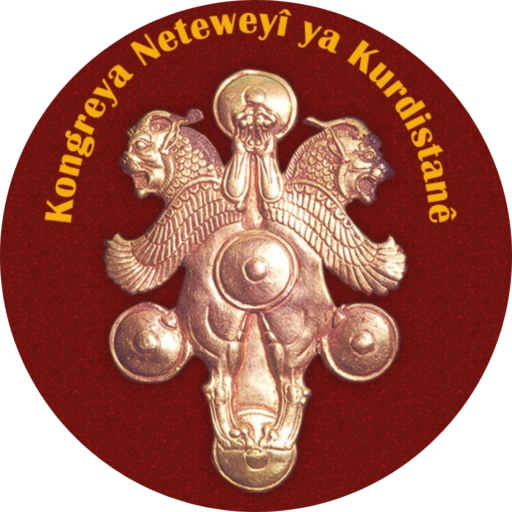The Kurdistan National Congress (KNK) invited for a National Symposium dedicated to Eastern Kurdistan (Rojhilat) during the days of April 19-20 2014. Here, a considerable number of parties, public organizations and independent individuals from Rojhilat and other parts of Kurdistan along with a number of Kurdish intellectuals participated the Symposium.
During the National Symposium, a long list of lectures with the subjects of recent political changes, societal and cultural aspects were given, and then followed discussions around challenges in the future national struggle in Rojhilat and Horesan. Speakers and participants present shed light on important differences between parties in Rojhilat and shared opinions about the recent progress in the region. Topics discussed included possible common work, how to nationalise and support a closer approach in-between political bodies and proposals for how to solve these topics were debated.
In order to create the circumstances for the appropriate relations, it is important to establish trust and a knowledgeable atmosphere for the true sacred visions. Here, conferences, meetings, and continues dialogues politicians and individuals in between should be strengthened. Only this will pave the way for the forming of a united national front.
As such, both the co-chairs and the Council of KNK called for specially political and public institutions from Rojhilat since the absence of certain political associations during such an important symposium for Rojhilat remained an open question and left all participants with a broken mind.
Following lengthy and full debates, the delegates proposed to the chairs and participants of the Symposium the following suggestions for the future struggle and work for both Rojhilat and Horesan:
1. The National Symposium witnessed a serious discussion about dialogue and absence of it. However, it advocated for the importance of interactions between parties and organizations in Rojhilat and advised for a unitary voice in relation to a national strategy in that part of Kurdistan.
2. A determined engagement in avoiding the manmade borders between the different parts of Kurdistan is necessary in order to get around challenges in unity and national support.
3. It is important that all parties and organizations in Rojhilat approach each other in a fashion knowledgeable of national responsibilities.
4. Since all parts of Kurdistan are reliant on strategies of the others, it is important that all parts serve their responsibilities, support other parts and defend red limits of the nation.
5. Intellectuals and writers from Rojhilat shall engage further in the founding of a national unison. These are capable of exerting an important influence on the political, cultural and societal struggle of the Kurdish society.
6. Both domestic and international struggle for the culture and society of Rojhilat should be lifted to a higher level. The relations between Kurds in Kurdistan and those abroad should be improved.
7. The womens questions in Rojhilat should be raised equally to any other important question. The position of women in all aspects of the struggle should be put forward. Any systematic oppression and persecution of women should be disallowed.
8. Increased work should be placed in further involvement of NGO’s and all governing media in Rojhilat.
9. The continues spreading of addiction to drug abuse among young Kurds should come to end and the policies of the Iranian Regime in this regard shall be condemned and disgraced.
10. The national struggle for the Kurds in Yarsan, Lor and Horesan should be strengthened.
11. The Iranian Regime is showing a double standard as it appears with one face to the outer world while it continues a policy of suppression, torture, executions and assimilation. There is an urgent need for a collaborative political and diplomatical work for the unveiling of the true identity of the oppressive, Iranian regime. For this to come true, force must be placed on the organizing of a national conference with emphasis on Rojhilat within the premises of European Parliament.
12. In the establishment of a democratic and liberated society in Iran, the collaborative struggle together with all Iranian people and all ethnic structures in Rojhilat should be strengthened.
13. In future conferences similar to the present on, work must be placed on continues involvement of all political representatives in Kurdistan, especially from Rojhilat and those in relation to her. With this in mind, the Kurdistan National Congress (KNK) has formed a committee to follow the progress of all suggestions proposed from this symposium.
The Eastern Kurdistan (Rojhilat) National Symposium
April 21, 2014
Västerås, Sweden








